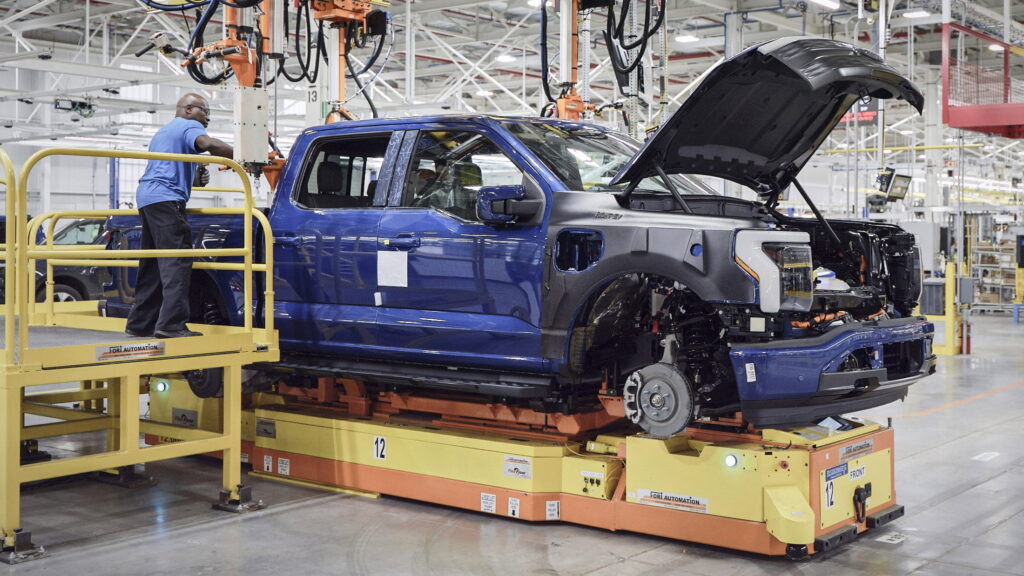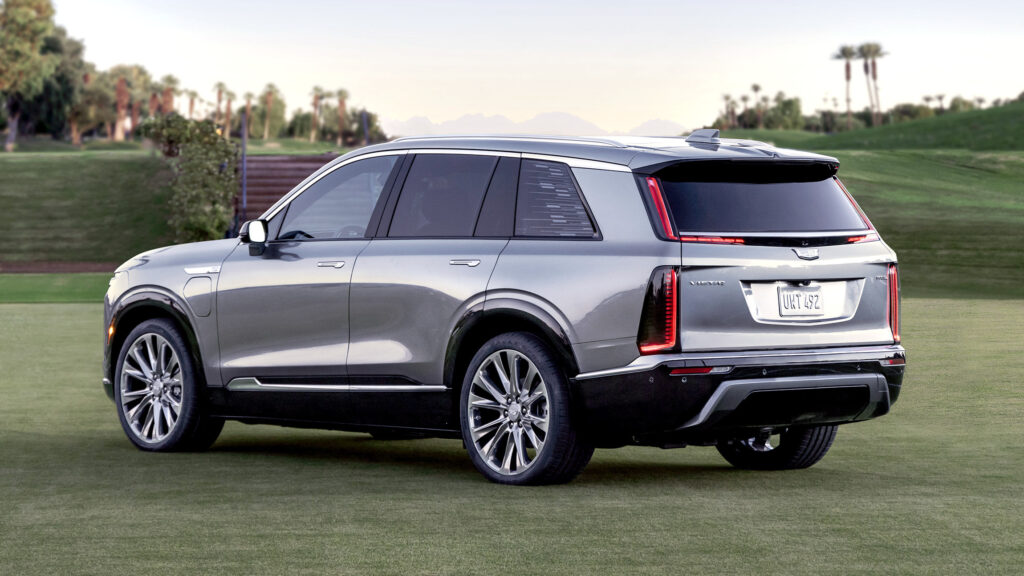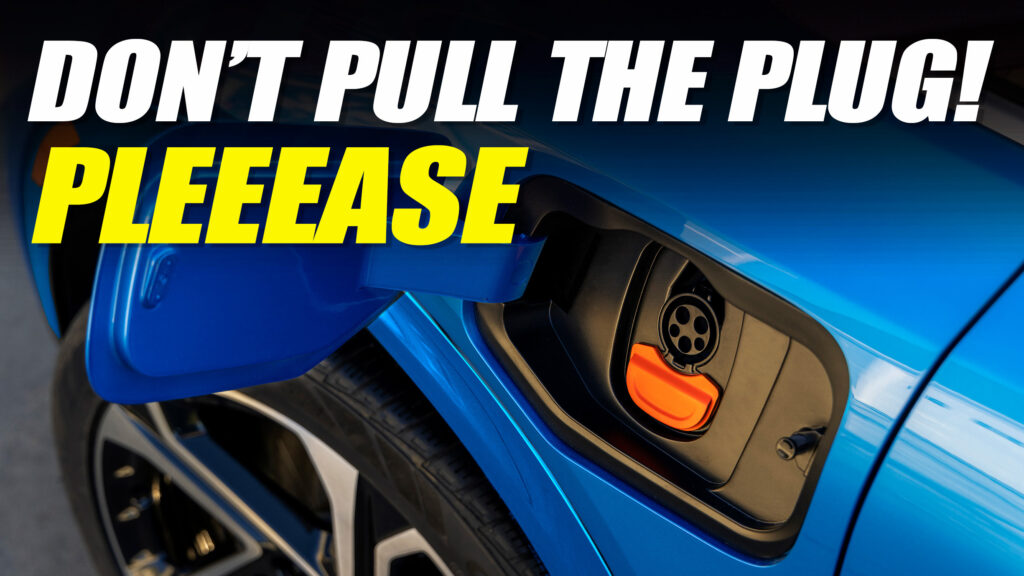- A group of leading automakers is urging the incoming Trump administration to retain tax credits for electric cars.
- Ford, GM, Stellantis, Toyota, VW and others say they are worried about the threat posed by subsidized EVs from China.
- The companies also said they wanted to fast-track self-driving cars and scrap the 2029 auto-emergency braking mandate.
Automakers in the US have joined forces to ask Donald Trump not to scrap EV tax credits when he takes office next January. Volkswagen, GM, Toyota and other companies have invested tens of billions in developing electric vehicles and adapting plants to build them, and are worried they’ll be rendered uncompetitive if the incoming Republican government axes the sweetener.
Writing to Trump in a November 12 letter that has only recently come to light, the Alliance for Automotive Innovation argued that the incentives made available via President Biden’s Inflation Reduction Act helped ensure America’s auto industry was “globally competitive” at a time when automakers are increasingly worried about the threat posed by their Chinese rivals.
Related: Is Time Running Out For $7,500 EV Tax Credits? Experts Advise Buyers To Hurry
But in the same letter the automakers also expressed their concern about “federal and state emissions regulations (particularly in California and affiliated states) that are out-of-step with current auto market realities and increase costs for consumers,” Reuters reports.
Biden’s team introduced tough tailpipe rules that get increasingly tighter the closer we get to 2035, the date California wants to ban the sale of combustion cars, a move that will be echoed in other states as well. But the automakers say this can only be achieved by selling more EVs, despite dealers finding that most customers would still rather have a combustion car or a hybrid.

Given Trump’s known stance on green matters – he previously rolled back President Obama’s emissions regulations, and his team has vowed to attack Biden’s rules – it seems entirely possible that automakers will be given more time to clean up their cars’ CO2 outputs. However, Politico reports that Trump probably won’t be able to claw back the $7.5 billion already earmarked for charging infrastructure projects because the funds have been committed.
The automakers also urged Trump to make legislative changes that would help speed up the development and rollout of self-driving cars. But when it came to automatic emergency braking, which the Democrats have insisted must be mandatory (and meet a tough universal standard) from 2029, the car companies asked for more time.





